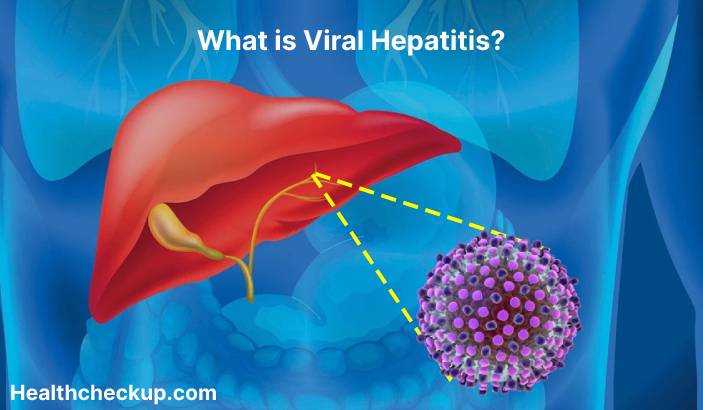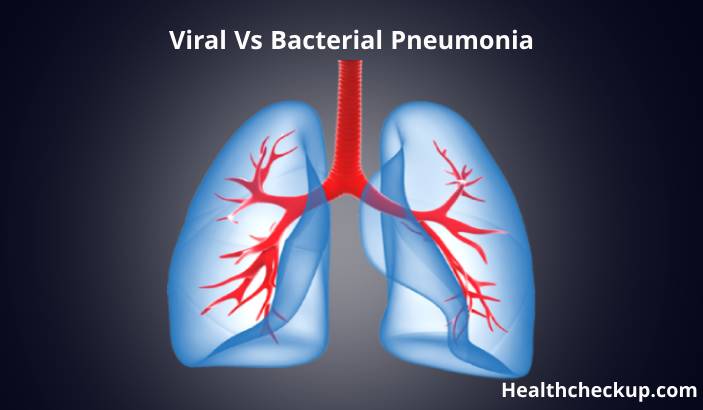Viral hepatitis is a group of infectious diseases that are caused by viruses that infect the liver. There are several types of viral hepatitis, including:
- Hepatitis A
- Hepatitis B
- Hepatitis C
- Hepatitis D
- Hepatitis E
Each type of viral hepatitis is caused by a different virus, and they can have different modes of transmission, symptoms, and outcomes.
Symptoms of viral hepatitis may include:
- Fever
- Fatigue
- Loss of appetite
- Nausea
- Vomiting
- Abdominal pain
- Dark urine
- Jaundice (yellowing of the skin and whites of the eyes)
Viral hepatitis can lead to serious complications, such as liver damage, liver failure, and liver cancer. Some types of viral hepatitis can be fatal.
Diagnosis of viral hepatitis is typically based on the presence of symptoms and a history of exposure to the virus, such as through contaminated food or water, or through close contact with an infected individual. It may also involve laboratory tests to confirm the presence of the virus.
Treatment of viral hepatitis depends on the type of virus and the severity of the infection. Some types of viral hepatitis can be treated with antiviral medications to help clear the virus from the body, while others do not have specific treatments. It is important to follow the recommendations of your healthcare provider to help manage your symptoms and to reduce the risk of complications.
Viral hepatitis can be prevented through the use of vaccines, such as the hepatitis A and B vaccines, and through the implementation of proper hygiene practices, such as washing hands and avoiding contact with contaminated food or water. If you are experiencing symptoms of viral hepatitis or have been exposed to the virus, it is important to seek medical attention as soon as possible. Follow the recommendations of your healthcare provider to help protect yourself and others from viral hepatitis.









